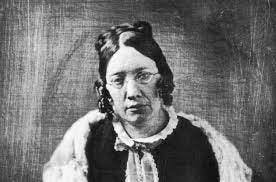
2023-10-17 12:45:1 Author: hackernoon.com(查看原文) 阅读量:3 收藏
Too Long; Didn't Read
In the preceding chapters have been presented the most important mental faculties which are common to the race. There are none of the powers and attributes of the mind as yet set forth which do not belong to every mind which is regarded as rational and complete. But, though all the race have these in common, yet we can not but observe an almost endless variety of human character, resulting from the diverse proportions and combinations of these several faculties. These constitutional differences may be noticed, first, in regard to the intellectual powers. Some minds are naturally predisposed to exercise the reasoning powers. Others, with precisely the same kind of culture, have little relish for this, and little power of appreciating an argument. In other cases, the imagination seems to be the predominating faculty. In other minds there seems to be an equal balance of faculties, so that no particular power predominates. Next we see the same variety in reference to the susceptibilities. In some minds, the desire for love and admiration is the predominating principle. In others, the love of power takes the lead. Some are eminently sympathizing. Others have a strong love of rectitude, or natural conscience. In some, the principle {176}of justice predominates. In others, benevolence is the leading impulse. Finally, in regard to the power of volition, as has been before indicated, there are some that possess a strong will that is decisive and effective in regulating all specific volitions, while others possess various and humbler measures of this power.



RELATED STORIES





L O A D I N G
. . . comments & more!
如有侵权请联系:admin#unsafe.sh